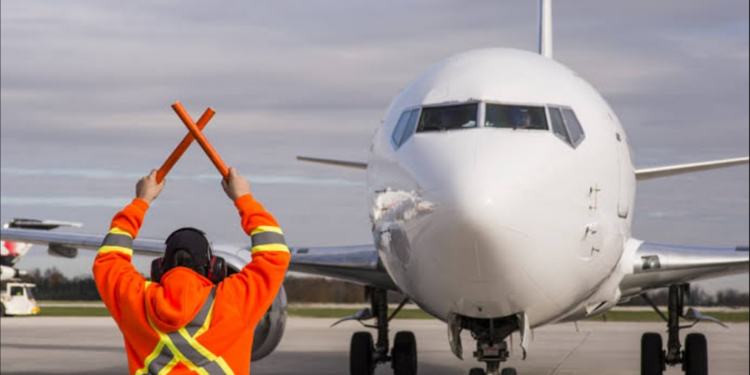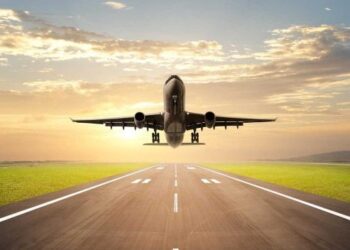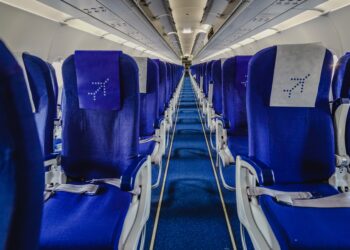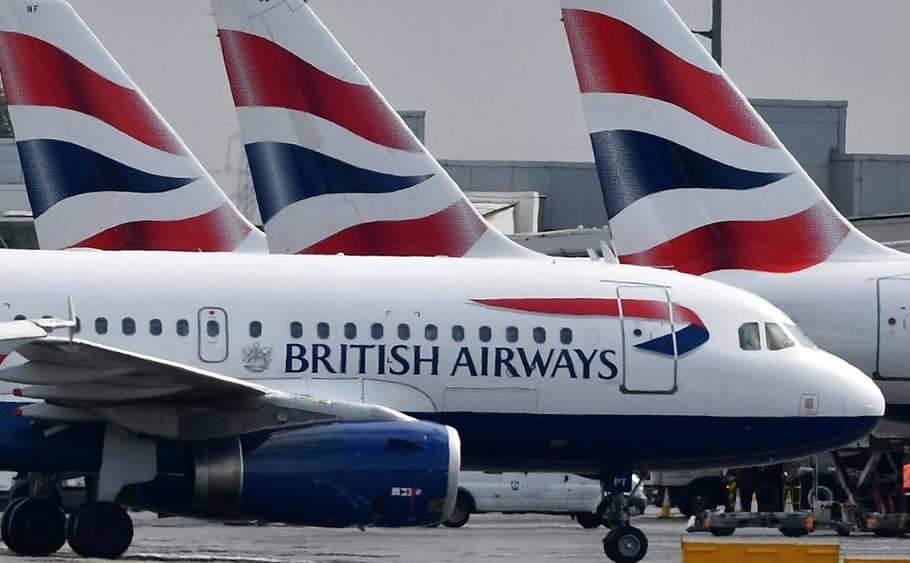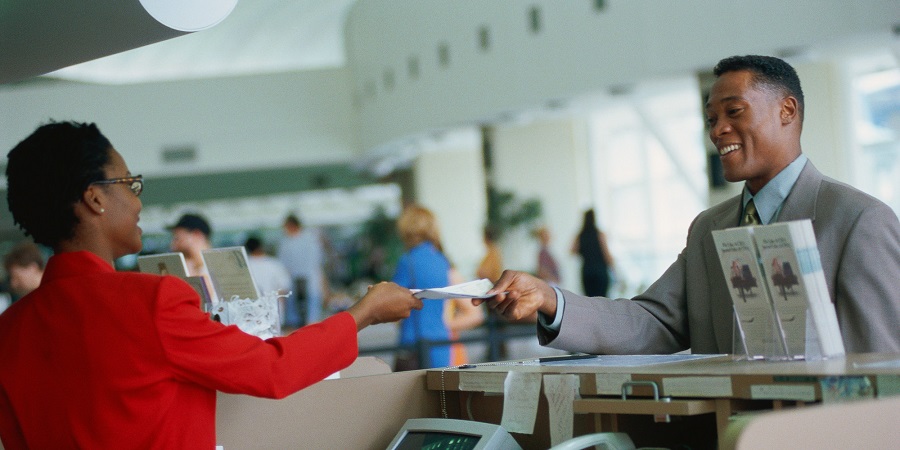Nigeria’s domestic air travel expenses have skyrocketed by 40% over the past year, spanning from June 2022 to June 2023, as reported by the National Bureau of Statistics in its recent Transport Fare Watch report for June 2023.
This staggering increase has left travellers across the nation grappling with steep fares, with Delta State topping the list at N87,000 and Kebbi following closely at N83,500 for airfares, marking the highest in the country. Conversely, Abia State recorded the lowest airfare at N70,000, with Niger State close behind at N73,000.
The report delves deeper, revealing a month-on-month surge of 4.93% in the average fare paid by air passengers for specific routes.
- In May, airfares stood at N74,948.78, but by June 2023, the cost had surged to N78,640.54.
- On a year-on-year basis, fares surged by a whopping 40.22% compared to June 2022 when the average was N56,082.64.
- The North-Eastern region experienced the highest airfare in June 2023, with an average of N80,650.00, closely followed by the South-South at N80,000.00.
- In another analysis, the Northcentral region witnessed a 4.67% rise in flight ticket charges, surging from N72,950.71 in May 2022 to N76,357.14 in June 2023.
Comparatively, last year, during the same period under review (June 2022), Taraba State had the highest air transport charges for specified routes (single journey) at N67,500, with Kebbi, Kogi, and Yobe following closely at N65,000. In contrast, Borno, Gombe, Kano, and Rivers State had the lowest fares at N50,000.
However, this year, Delta and Kebbi take the lead with the highest costs.
Why have air travel costs increased?
Recent reports suggest that a significant portion of airline operations hinges on foreign components, especially the acquisition of Jet A1 fuel.
According to Prof. Obiora Okonkwo, spokesperson for the Airline Operators of Nigeria, in a recent interview foreign exchange and aviation fuel costs account for over 99% of aviation components, this affecting the pricing model.
In addition, Mrs. Susan Akpoariaye, the President of the National Association of Nigeria Travel Agency (NANTA), pointed out that airfares are denominated in dollars and converted to naira at the prevailing exchange rate at the time of booking or payment.
Consequently, if the naira depreciates against the dollar, airfares rise accordingly. Conversely, if the naira appreciates against the dollar, airfares decrease.
However, in the short term, air travellers may have to prepare for volatile and unpredictable airfares as the naira adjusts to market realities.
This substantial increase in domestic air travel costs is causing concerns among travellers and stakeholders, highlighting the need for government intervention to address the factors contributing to these soaring fares.

